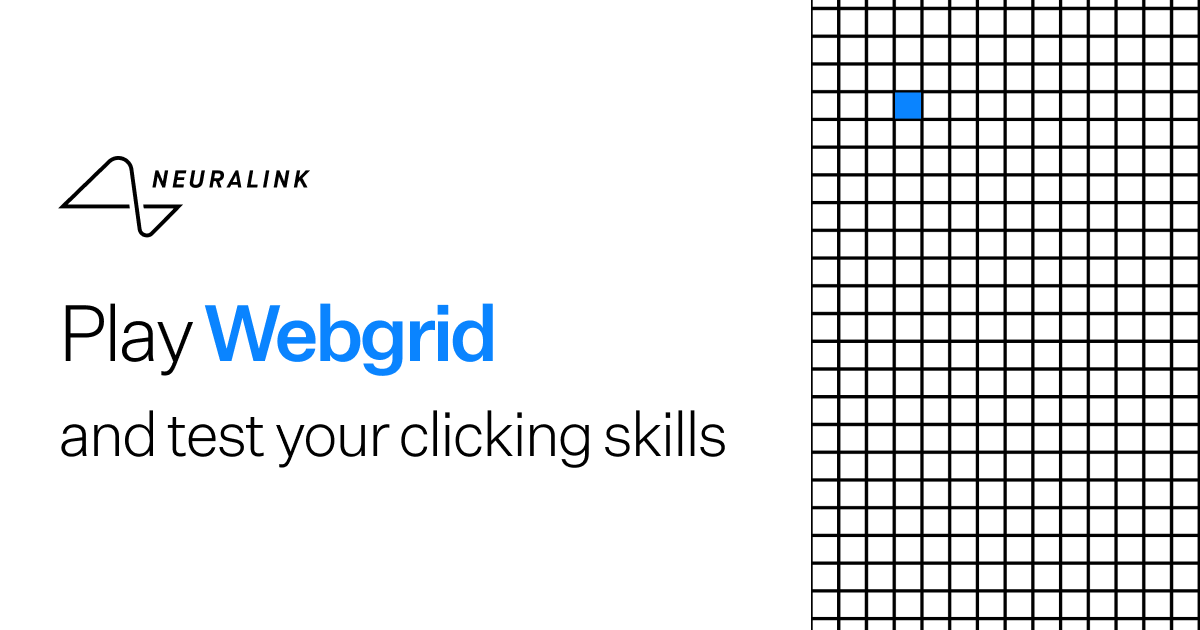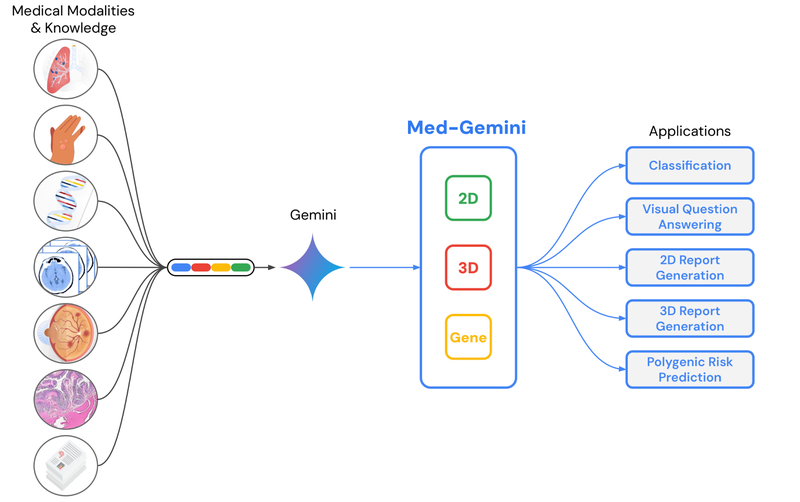- AIHealthTech Insider
- Posts
- AI Predicts Heart Failure Survival 💓: Issue # 10
AI Predicts Heart Failure Survival 💓: Issue # 10
Plus: AI-Powered Gut Health Breakthrough 🧬
AIHealthTech Insider: Issue # 10
Discover how AI is revolutionizing medicine in our latest issue. From fighting prostate cancer to predicting heart failure, AI is leading the charge. Don't miss out on the latest advancements!

Image Source: Meta AI
Discover how these technologies are shaping personalized, effective treatments in medicine.
AI in Healthcare News 🩺
AI-Driven Drug Design: A New Hope for Prostate Cancer Patients
Prostate cancer remains a significant health challenge worldwide, affecting millions of men. While treatments like androgen deprivation therapy (ADT) have shown promise, long-term use can lead to castration-resistant prostate cancer (CRPC) and neuroendocrine prostate cancer (NEPC). Researchers have now leveraged artificial intelligence (AI) to design a novel drug that specifically targets the p300 protein, offering hope for improved therapeutic outcomes.
The Role of p300 in Prostate Cancer
The E1A-associated protein p300 plays a crucial role in promoting oncogenic signaling pathways in various cancers, including prostate cancer. Recent studies have highlighted its involvement in both androgen receptor (AR)-dependent and AR-independent oncogenes associated with NEPC.
AI-Assisted Drug Design
Researchers employed AI-assisted design to create a peptide-based PROTAC drug targeting p300. The drug was designed to degrade p300 selectively, offering a promising therapeutic strategy.
Key Findings
Effective Degradation of p300:
In vitro and in vivo experiments demonstrated that the p300-targeting peptide PROTAC effectively degraded p300.
The drug showed cancer cell-killing capabilities in CRPC, AR-negative, and NEPC cells.
Tumor Suppression in Mouse Models:
In mouse models (both AR-positive and AR-negative), the drug suppressed tumors by degrading p300.
This suggests its potential as a therapeutic agent for CRPC and NEPC.
Implications and Future Directions
The development of this AI-driven drug represents a significant advancement in prostate cancer therapy. As researchers continue to refine and test this approach, patients may benefit from more effective treatments that specifically target p300.
While exciting, it’s essential to consider risks, access, and patient tolerance for uncertainty. As AI continues to evolve, monitoring its benefits and risks post-implementation becomes crucial.
AI Tools & Technologies 🛠️
AI Hybrid Survival Assessment: A Game Changer for Heart Failure and Renal Dysfunction Patients
Heart failure combined with renal dysfunction poses significant challenges for accurate prognosis. The AIHFLevel system, an advanced AI hybrid model, addresses these challenges by improving survival assessments for these patients, leading to better treatment outcomes.
Key Points
Hybrid AI Model: Combines 12 AI algorithms for accurate survival predictions.
Extensive Data Integration: Utilizes data from over 1,700 patients across multiple cohorts.
Prognostic Stratification: Categorizes patients into risk groups for personalized care.
Superior Accuracy: Outperforms existing models in clinical prediction and application.
How it works:
The AIHFLevel system, developed using advanced statistical methods, selects 12 key predictors from 93 potential variables. These predictors, including age, comorbidity status, and biomarkers, generate a survival score to stratify patients into low, intermediate, or high-risk groups.
Implications:
AIHFLevel represents a major advancement in heart failure prognosis, especially for patients with renal dysfunction. Its high predictive accuracy and clinical utility make it valuable for healthcare professionals, aiding in treatment decisions, optimizing patient management, and improving outcomes.
TRY THIS OUT
AI in Reasearch 🧠
Neuralink's Second Brain Implant: Progress and Potential
Elon Musk's Neuralink recently completed its second brain-computer interface (BCI) implant, marking a significant milestone in the company’s journey to create a symbiosis between humans and artificial intelligence. This development has sparked both excitement and questions in the medical community regarding its long-term stability and potential.

Source: neuralink.com
Key Points:
Second Implant Progress: Neuralink successfully implanted a BCI in a second individual, overcoming initial setbacks from the first implant, which saw 85% of its electrodes retract from the brain.
Technical Adjustments: Neuralink refined its recording algorithm and surgical technique to avoid issues like air pockets during the first implant.
Device Design: The BCI "Telepathy" features a coin-sized hub in the skull with threads in the motor cortex to record neural activity, transmitting signals to an external device via Bluetooth.
Future Potential: Neuralink envisions this technology aiding motor control for paralyzed individuals and eventually addressing conditions like psychosis, seizures, and memory loss.
Neuralink’s BCI, "Telepathy," integrates with the brain by implanting flexible threads into the motor cortex, capturing neural activity through 1,024 electrodes, and transmitting data to external devices. Improved from its initial version, it now focuses on recording neuron cluster activity. While promising for neurological disorder treatments, concerns exist about the implant's long-term stability in the brain's dynamic environment and ethical considerations regarding human augmentation.
MORE ABOUT NEURALINK
Neuralink is a pioneering company that aims to create brain-computer interfaces (BCIs) to restore autonomy and unlock human potential.
Here are some key points about Neuralink:
Implantable BCI: Neuralink’s brain-computer interface is fully implantable and cosmetically invisible. It allows users to control a computer or mobile device anywhere they go.
Biocompatible Enclosure: The N1 Implant is hermetically sealed in a biocompatible enclosure, designed to withstand physiological conditions harsher than those in the human body.
Wireless Charging: The implant is powered by a small battery charged wirelessly from the outside, making it convenient for everyday use.
Advanced Chips and Threads: Custom low-power chips process neural signals, transmitted wirelessly to the Neuralink Application. The N1 Implant records neural activity through 1024 electrodes distributed across 64 ultra-thin threads.
Surgical Robot: Threads are inserted by a surgical robot with precision, ensuring minimal damage during implantation.
Webgrid Game: Neuralink uses a game called Webgrid to test users’ brain control. It measures how precisely you can click targets on a grid, providing a score in bits per second (BPS).
If you’re interested in learning more, you can visit the Neuralink website or explore their blog
SPONSORED CONTENT
Learn AI Strategies worth a Million Dollar in this 3 hour AI Workshop. Join now for $0
Everyone tells you to learn AI but no one tells you where.
We have partnered with GrowthSchool to bring this ChatGTP & AI Workshop to our readers. It is usually $199, but free for you because you are our loyal readers 🎁
This workshop has been taken by 1 Million people across the globe, who have been able to:
Build business that make $10,000 by just using AI tools
Make quick & smarter decisions using AI-led data insights
Write emails, content & more in seconds using AI
Solve complex problems, research 10x faster & save 16 hours every week
You’ll wish you knew about this FREE AI Training sooner (Btw, it’s rated at 9.8/10 ⭐)
AI Breakthroughs & Innovations🔬
Revolutionizing Medical AI with Med-Gemini
Google Research and DeepMind have unveiled Med-Gemini, a powerful suite of AI models tailored for medical applications. These advanced models excel in processing complex medical data, delivering state-of-the-art results in radiology, pathology, genomics, and more. By enhancing capabilities in multimodal and long-context reasoning, Med-Gemini is set to transform clinical tasks like generating radiology reports and predicting health outcomes.
🔍 Want to dive deeper?
Read the full blog 🔽 to explore how Med-Gemini is shaping the future of healthcare AI
Nanosynbiotics: Revolutionizing Gut Health with AI and Nanotechnology
In the rapidly advancing field of healthcare, nanosynbiotics—a blend of probiotics, prebiotics, and nanotechnology—are emerging as a groundbreaking solution for gut health issues. Leveraging AI, this innovation promises to enhance treatment strategies for gut dysbiosis and related health conditions.

(A) Graph showing the trend of resistance to gastric juice; (B) graph showing the trend of reduction in cholesterol level; (C) graph showing the trend of resistance to hydrogen peroxide; (D) ABTS scavenging trend; (E) trends of inhibition of protein denaturation by nanosynbiotics, synbiotics respectively. Source: Mix-match synthesis of nanosynbiotics from probiotics and prebiotics to counter gut dysbiosis via AI integrated formulation profiling | Scientific Reports (nature.com)
Key Points:
Nanosynbiotics Formulation: A combination of probiotics (Acetobacter oryzoeni) and prebiotics (inulin) enhanced through nanoformulation for better stability and delivery.
AI Integration: AI-driven optimization of nanosynbiotics ensures precise targeting and improved gut health outcomes.
Health Benefits: Nanosynbiotics exhibit strong resistance to gastric juice and hydrogen peroxide, with potent antioxidant properties.
Safety and Stability: In-silico studies confirm nanosynbiotics are stable, non-toxic, and non-allergenic, suitable for long-term use.
How It Works:
Nanosynbiotics are synthesized by combining specific probiotics and prebiotics, then transformed into nano-sized formulations. AI is used to optimize these formulations for maximum efficacy and safety, ensuring targeted delivery and enhanced therapeutic benefits.
Implications:
Nanosynbiotics represent a significant advancement in the management of gut dysbiosis and related health issues. With AI integration, these formulations could lead to personalized treatments, improving overall health outcomes and setting the stage for future innovations in nutraceuticals and precision medicine.
Upcoming AI and Healthcare Events 📆
Toronto, Ontario, Canada
August 16-17, 2024
The health conference explores machine learning in healthcare, from disease prediction to AI-driven health monitoring. Ideal for those interested in the technical aspects of AI, it offers insights into advanced algorithms and healthcare use-cases.
Stay Ahead: AI Healthcare News!
This is just a taste of AI's healthcare revolution. Subscribe for exclusive updates & insights on AI shaping medicine's future!







